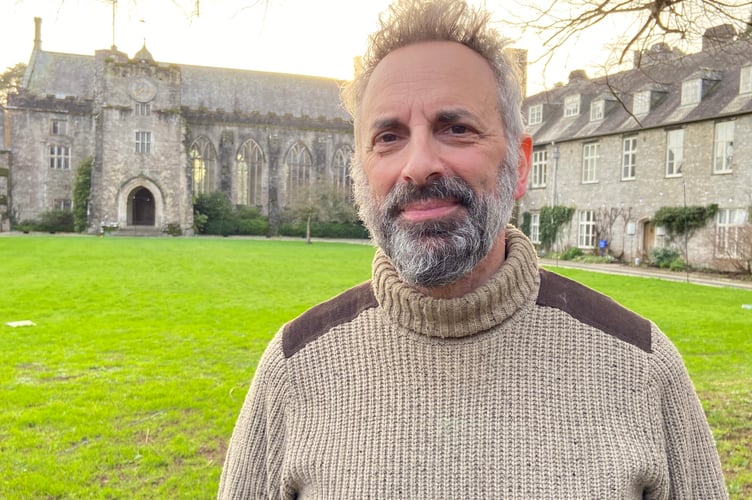Schumacher College in Dartington is to close amid mounting losses.
In a statement, Dartington Hall Trust (DHT) announced that it was discontinuing its degree courses “with immediate effect”.
The Schumacher College Foundation decided at a board meeting yesterday (August 27) to close all BSc, MA and PGDip courses presently supported by University of Plymouth. The courses were already closed to new students.
About 33 staff are expected to be laid off, while some 46 students who were meant to continue into the new academic year will be supported to find alternatives, DHT added.
DHT said Schumacher College, which was founded in 1991 by Indian British activist Satish Kumar, has been incurring “substantial monthly losses”, although it did not reveal a figure, adding that Dartington “is unable to underwrite this deficit indefinitely from its limited reserves”.
It also revealed that shorter, unaccredited courses planned for 2024/25 “have met with poor bookings”.
It added that the board was continuing to consider “viable options” for the College to sustain itself, including a proposal from the College’s learning leadership team to secure independence from Dartington, as well as continuation of financially viable, unaccredited courses.

Robert Fedder, acting CEO of Dartington, said: “It is with great regret that this decision has had to be made in a very short space of time. The priority is to support every student affected in achieving the best possible outcome for alternative course arrangements or an agreed withdrawal.”
The majority of Schumacher’s 33 staff have been placed in a 30-day consultation period for redundancy. Students have been contacted via email, and Dartington has committed to approach them individually “as early as possible” next week to discuss courses of action case-by-case.
Mr Fedder added: “While part of Dartington’s historical role as a charitable trust has been to provide financial support to its long-established learning activities, in this case Schumacher, even when they are unable to break even, the commitment does not extend to risking the future of the whole trust and estate.”
This position was reached in autumn last year, when the prospect of appointing administrators prompted the trust to explore the possibility for a turnaround.
In the absence of further permitted land sales or asset disposal, DHT said it had chosen “to reduce operating losses and develop a model for the estate to sustain itself, after decades of shrinking to survive”.
Schumacher remained, “by some distance”, the Trust’s largest loss maker among several operating activities in the red, DHT said, adding that “despite giving it time to address its financial shortfall” and a growing deficit, as well as “occupying a prime location” on the estate, no internal rent had been charged, pointing out that fees were not covering salaries and other day-to-day costs.
Taking a swipe at the College, Mr Fedder accused stakeholders of acting irresponsibly.
He said: “There is a long-held misconception among some stakeholders that DHT’s historic attractions and commercial activities, which have clearly faced their own financial challenges, solely exist to fund perennial losses in its educational interests. This is absolutely not the case. Trust staff have worked extremely hard in the last 12 months to secure a sustainable future for the estate.
“Cash outflows of the magnitude presented by Schumacher are an area of very high risk for the Trust, which ultimately still has to maintain, at great cost, several listed buildings and gardens of important historical interest.”
The College is one of many throughout the country facing huge financial challenges.
An audit commissioned by the University and College Union, published last month, identified 66 universities, more than a third of the UK’s total, as being in financial difficulty.
DHT pointed out that inflation had eroded the value of fees paid by UK students, which have been frozen since 2017. In addition, levels of international applicants, particularly postgraduates, have been lower following changes in regulations relating to entry to the UK for students’ families.




